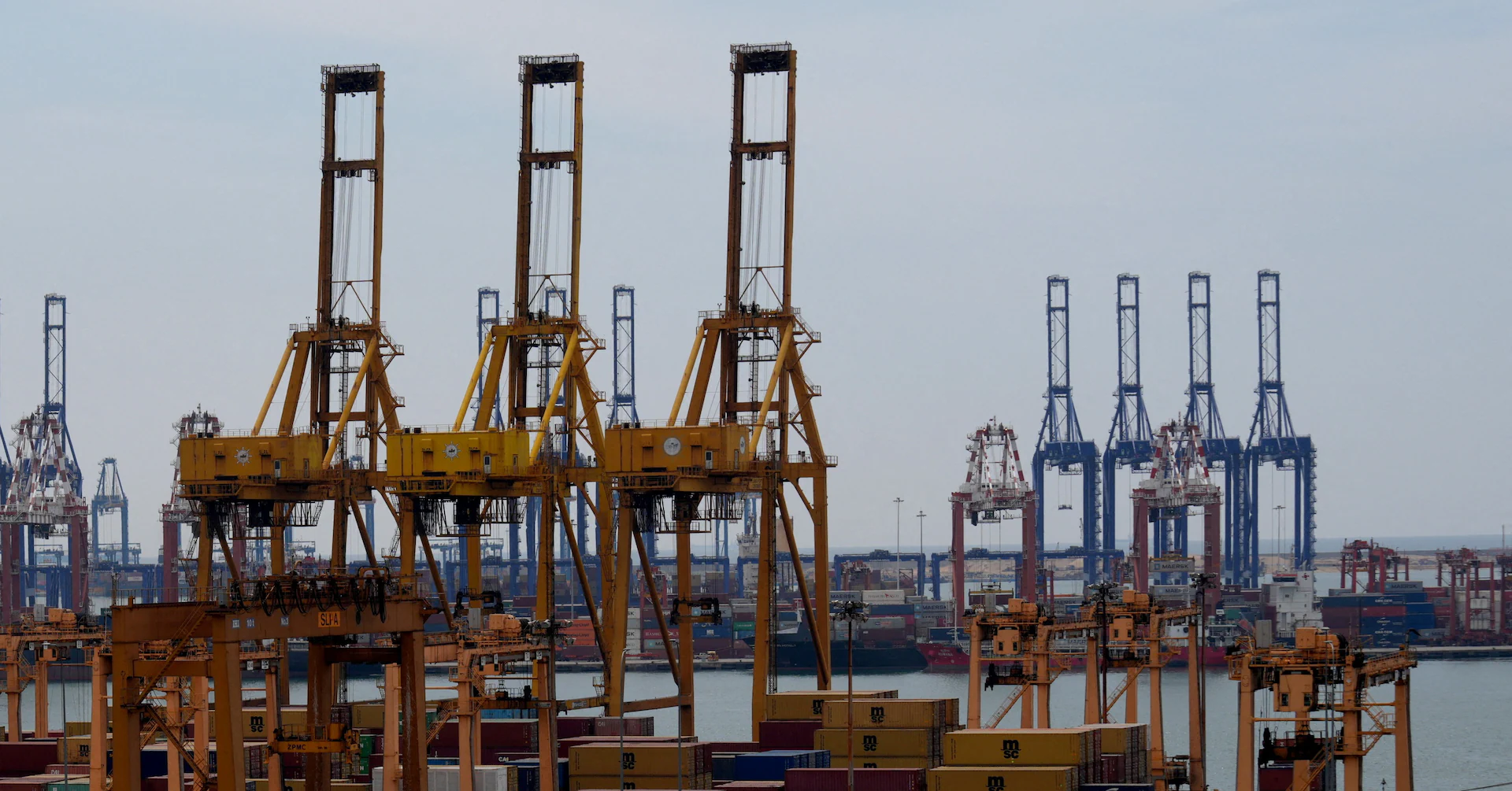By Sarah George
Copyright edie

The report by the Capgemini Research Institute also found a gap between organisations’ plans to increase general investment in environmental sustainability (82%) and those who had developed detailed climate transition plans (21%).
The report suggests organisations should strengthen the credibility of climate actions through near-term measures and build consumer trust with evidence-backed sustainability communication.
The research
The Capgemini Research Institute report, “A world in balance 2025: Unlocking resilience and long-term value through environmental action,” concludes that most organisations say environmental sustainability is a core future-proofing strategy to drive long-term competitiveness, innovation and resilience.
The research findings showed a widening credibility gap between brands and consumers, with scepticism around greenwashing rising sharply.
Greenwashing misleads the public to believe an organisation is doing more to protect the environment than it actually is, either by promoting false solutions, or distracting from or delaying credible climate action.
More than six in ten (62%) consumers believe companies are engaging in greenwashing, up from a third in 2023 and over half in 2024, the research found.
And more than three-quarters believe corporations should do more to reduce greenhouse gas emissions.
Capgemini found that just over one-fifth of businesses have actually developed detailed plans to improve their environmental impact, with interim targets and capital allocation.
Executives said progress is hindered by budget constraints, inadequate data and measurement systems and operational silos, while nearly two-thirds agreed that geopolitics is currently slowing down sustainability investments and projects.
The report also found that AI is playing a significant role in advancing sustainability, with two-thirds of executives (64%) reporting that their organisations use AI to achieve their sustainability agenda.
However, despite its ability to help drive sustainability through data processing and efficiencies, AI has its own environmental impact through the carbon footprint and water usage of data centre infrastructure.
More than half (57%) of executives acknowledge that generative AI’s environmental impact is being discussed in boardrooms, but less than a third (32%) have taken steps to mitigate it.
The UK picture
In the UK, 72% of executives believe that sustainability improves stakeholder trust and brand reputation, suggesting it should be a high priority for organisations – especially in light of the increasing global concerns around greenwashing.
The research also found that 95% of UK organisations had not altered the timeline of their net-zero commitments, despite heightening global environmental pressures, and the fact that over half (54%) of UK organisations believe they are currently underprepared for the impacts of climate change.
Rory Burghes, head of Capgemini’s Sustainability Centre of Excellence, said: “The commitment of UK organisations to net-zero goals is clear in the data.
“What’s now under growing scrutiny is the real impact and credibility of those commitments, as the gap in preparedness becomes more apparent and consumer concerns about greenwashing continue to rise. The only way to address these challenges is by delivering tangible, pragmatic transition and adaptation measures that build resilience in the long term.”
‘Pragmatic approach’
The report outlines several key recommendations for organisations, which include advancing from strategy to execution in climate adaptation and mitigation.
Capgemini’s head of global sustainability services and corporate responsibility, Cyril Garcia, said: “Although sustainability regulations are putting less pressure on organisations, business leaders still see sustainability as a core driver of business value. However, with global uncertainty and constrained budgets, many companies are facing a reality check.
“With climate risks increasingly high on the corporate agenda, business leaders need to adopt a pragmatic, operational approach and urgently implement concrete, financed transition and adaptation measures. This will not only build true resilience, but also fuel innovation and competitiveness.”
The global research surveyed 2,146 executives from 716 organisations in 13 countries. In the UK, 162 executives from 54 organisations took part.



